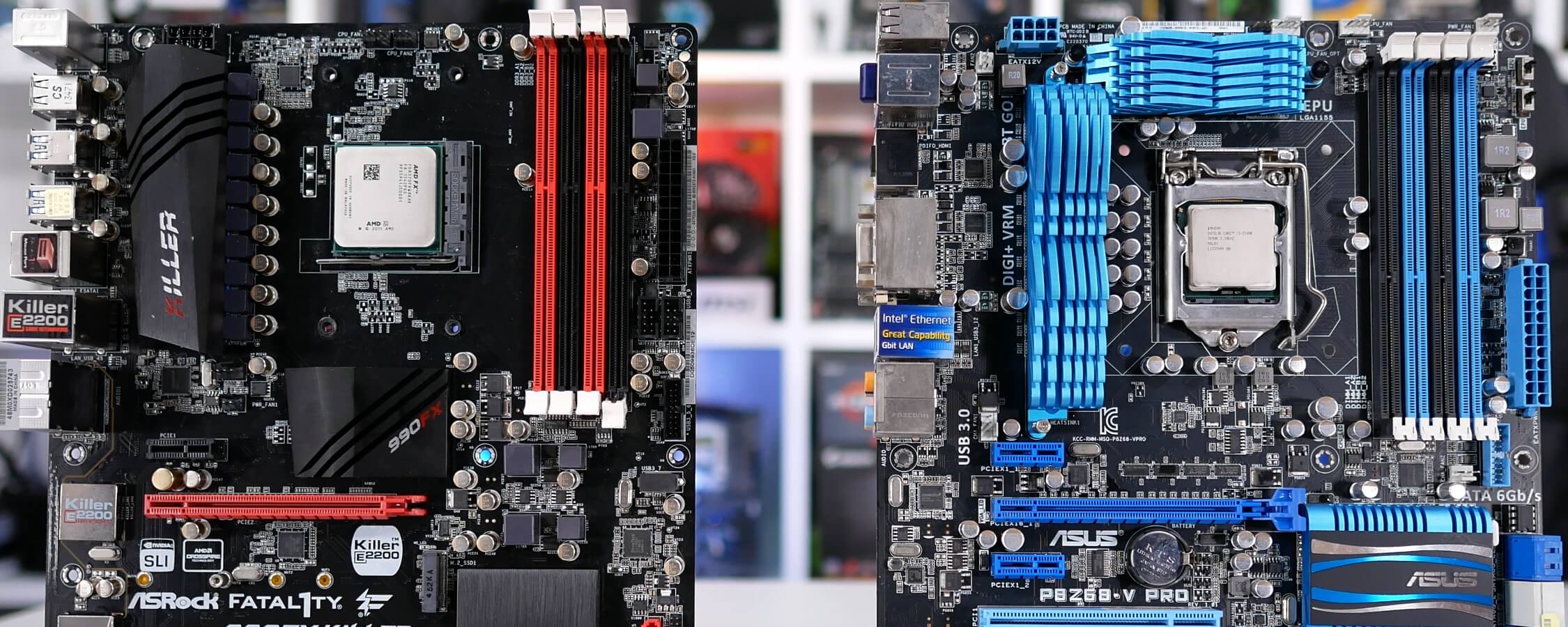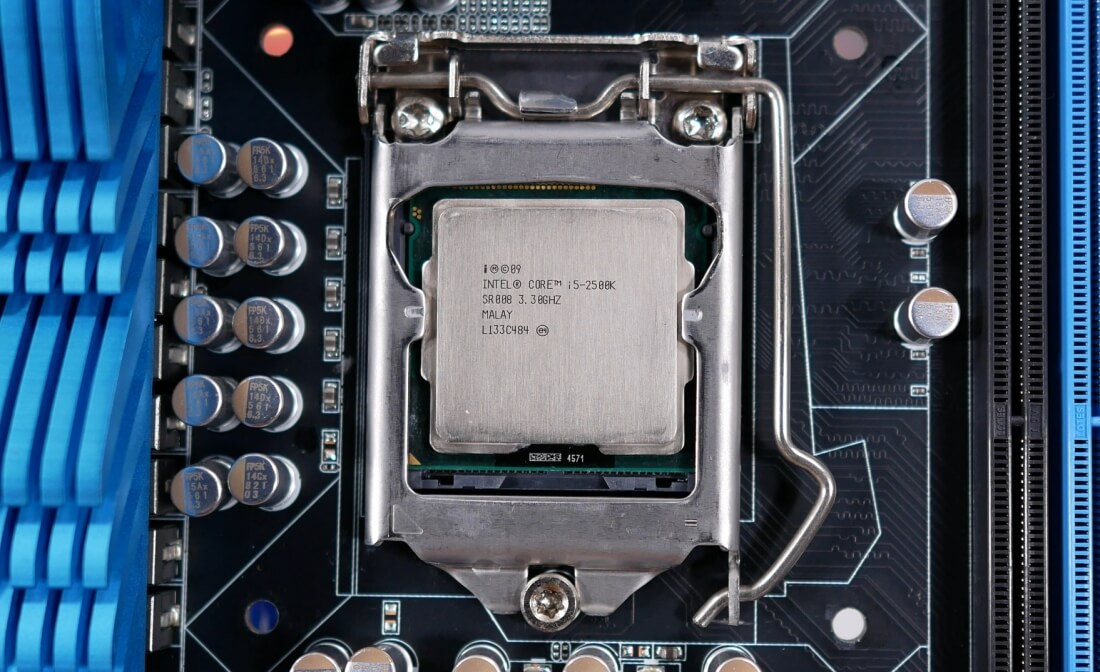Taking the Ryzen Plunge?
The point of this comparison was to see what kind of upgrade Ryzen 3 might provide for those still gaming with much older AMD FX or Intel Core i5-2500K processors. Again, we've tested these chips in nine strategically selected games using several tiers of graphics cards. It's worth noting that I'm generalizing with the FX-8370 as it really covers that entire series.
Since we're already talking about it, let's start with the FX-8370's results, and again this information should really apply to anyone using the AM3+ platform. It is my opinion that Ryzen 3 offers a solid upgrade over the FX series, but how big of an upgrade will depend on the games you play and what kind of graphics card you're using.
With a card that's equivalent to the GTX 1060 or slower, the gains for most games will be quite slim. That said, if you play titles such as Counter Strike: Global Offensive, Total War Warhammer or even World of Tanks then you will see a noteworthy gain even with the GTX 1060. The gains will be even greater for those using an FX-6000 or 4000 series CPU.
As the GPU power increases there is a good chance for Ryzen 3 to make noticeable improvements so if you plan to get yourself a GTX 1070 or maybe a custom board partner Vega 56 card in a few months time then I highly recommend switching to Ryzen 3. Of course the good news here with this upgrade option is that you can still increase the CPU power quite substantially down the track by getting a six or even eight-core Ryzen processor, or quite possibly even a second-generation Ryzen part.
If I were still using an FX series processor today, I'd be jumping on the Ryzen bandwagon faster than you could call me a fanboy.
The Core i5-2500K, however, simply refuses to die. It's the little engine that could and by the looks of it, always will. If you're still holding out for a cost effective upgrade, well it's business as usual. Unless you're jumping to a modern Core i7 or maybe the Ryzen 5 1600, the gains simply aren't there.
There were few instances where the 2500K trailed the Ryzen CPUs, though when it did the margins were small. After seeing this, I'm keen to do an in-depth 2500K revisit and compare it to CPUs such as the R5 1600 and i5-7600K. Maybe I'll make time for that once I'm done with Vega.
A few side notes... If you want to see how Ryzen 3 stacks up against higher-end CPUs please check our day-one coverage and the gaming-focused followup. Likewise for price vs. performance data and power consumption figures, though you won't find data for the 2500K and FX-8370 there.
In short, the 2500K is still quite fuel efficient by today's standards whereas the FX-8370 looks sluggish by comparison. Now we've covered Ryzen 3's gaming performance from just about every angle, so potential buyers should have a good idea of what they're getting.
Shopping shortcuts:
- Ryzen 3 1200 Amazon, Newegg
- Ryzen 5 1400 Amazon, Newegg
- Core i5-7400 Amazon, Newegg
- Pentium G4560 Amazon, Newegg
Later this week I have a 30-game benchmark piece looking at the Vega 56, 64 and 64 liquid-cooled, which will be compared against both custom and Founders Edition models of the GTX 1070 and 1080. It's going to be epic!


